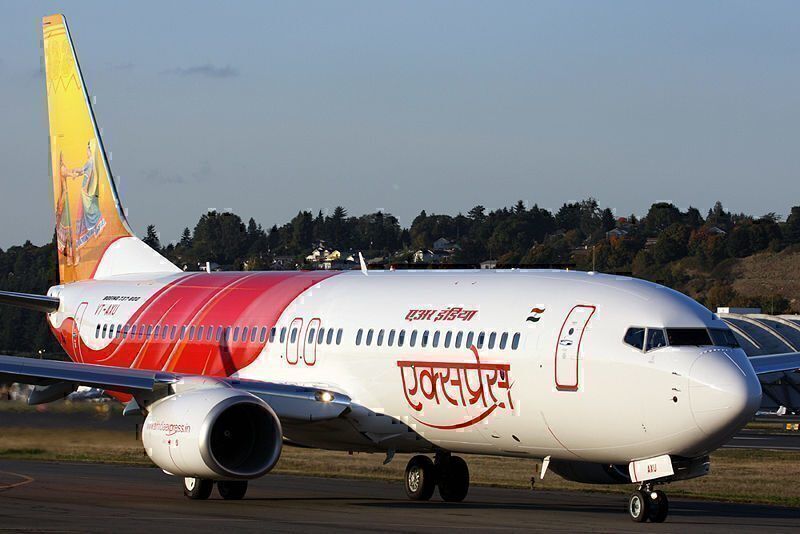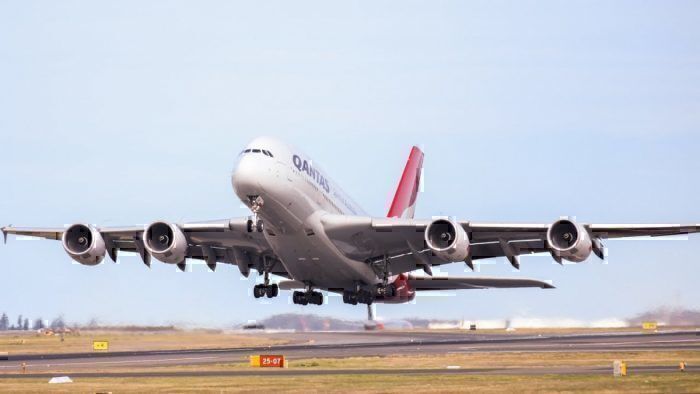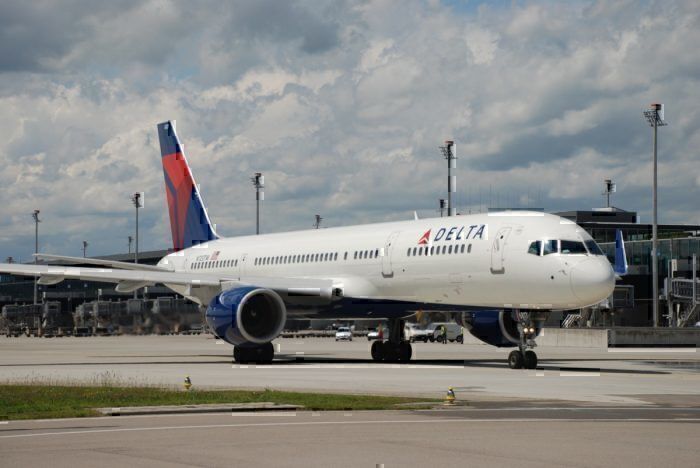Faulty batteries that present a fire risk have seen 15” MacBook Pros banned from flights in several countries. Now more countries, including India and Australia, are adding the Apple product to their no-fly lists.
This is not a new problem, as Apple issued a voluntary recall in June. They said a “certain number” of older 15” MacBook Pros that were sold between September 2015 and February 2017 could overheat and pose a risk.
India and Australia are banning the use of MacBooks
On August 26, 2019, the Directorate General of Civil Aviation (DGCA) in India issued a public notice asking travellers and carriers not to fly with affected MacBook Pros, unless the battery has been verified as safe by Apple or replaced. The directive applies to both domestic and international flights in India.
Australian carriers have taken a slightly different approach. Qantas will let the MacBook Pros on board as cabin baggage only, but they must be turned off for the entire flight. In a statement, Qantas said;
"Until further notice, all Apple MacBook Pros must be carried in cabin baggage and switched off for flight following a recall notice issued by Apple,”
Virgin Australia is adopting a similar stance and is banning turning on any MacBooks. Given the number of MacBooks you see flipped open on any flight, this ban is set to affect a lot of passengers. A Virgin Australia spokesperson said;
“Due to a worldwide recall by Apple of a number of Apple MacBook batteries, All Apple MacBooks must be placed in carry-on baggage only. No Apple MacBooks are permitted in checked-in baggage until further notice.”
Other countries and airlines have also issued bans
Apple’s little problem with the older 15” MacBook Pros will remind people of the notorious Samsung Galaxy Note 7s that began catching fire about three years ago. To date, Apple has dodged a lot of the bad press Samsung attracted, possibly because the affected Apple products are ageing and the Samsung product was the latest release.
The response by the aviation industry to the MacBook problem has been an interesting mix of regulatory responses, such as in India, and self-regulation such as in Australia. Most have taken a fairly nuanced approach, targetting specific models rather than blanket bans. Most will also allow carriage and use if batteries have been deemed safe or replaced.
The United States has gone down the regulatory road. The FAA has banned the affected models from either carry on or checked-in luggage. The FAA is being specific about the affected models and makes exceptions when batteries have been certified as safe or replaced. But as many have observed, harried airport security staff usually don’t have time to ascertain whether a battery has actually been replaced or certified as safe.
The European Union Aviation Safety Agency has asked its airlines to take steps to ensure passengers did not use the affected MacBook Pros on flights in its airspace. It doesn’t outright ban carriage of them but the notice did lead to some airlines just banning them rather than trying to manage or regulate their use in-flight.
Singapore Airlines is saying on its website that;
“Customers are to refrain from bringing the affected (MacBook Pro) models either as carry on or checked baggage until the battery has been verified as safe or replaced by the manufacturer”
Cathay Pacific is adopting a similar position but Thai Airways is taking a more sweeping approach, banning the carriage of any 15” MacBook Pros manufactured between the affected dates.
Overall
This ban shows no sign of easing up. It will probably only affect a small number of travellers. Apple users like to update frequently after all. It starts to become more problematic if airlines take the Virgin Australia and Thai Airways position and start issuing blanket bans.
Has the MacBook Pro ban affected you? Let us know and post a comment.



